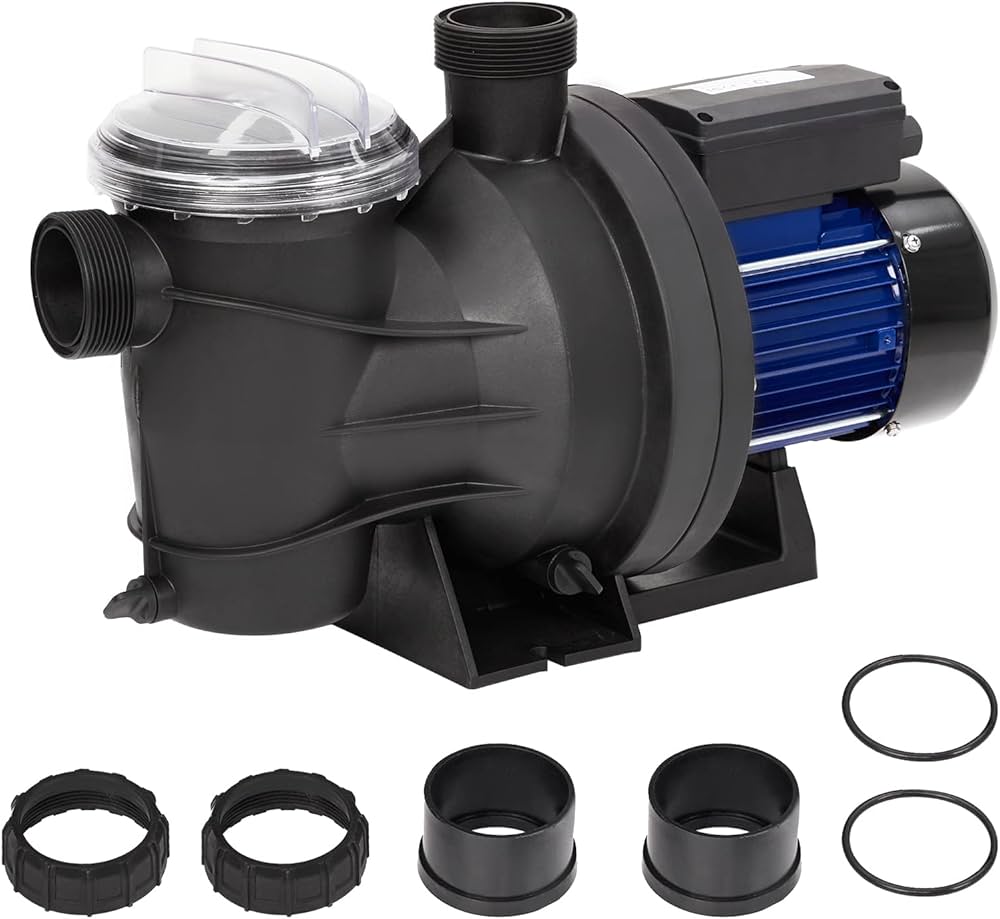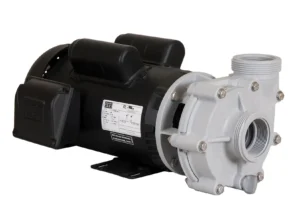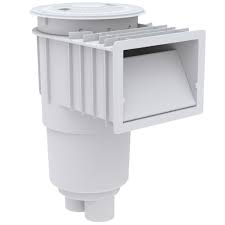
A pool pump is an essential component of any swimming pool system, playing a crucial role in maintaining clean water and ensuring the smooth operation of the pool. However, with so many models and specifications available on the market, choosing the right one can be overwhelming. So, how do you select the best pool pump for your needs?
Understanding the Basic Functions of a Pool Pump
The primary function of a pool pump is to circulate pool water through the filtration system, keeping the water clean and sanitary. It operates by using an electric motor to drive an impeller, creating suction that draws water from the pool and pushes the filtered water back into the pool. Understanding the basic functions and working principles of a pool pump is essential when selecting one.
Consider the Size and Shape of Your Pool
Before deciding which pool pump to buy, consider the size and shape of your pool. The size of your pool directly affects the required flow rate of the pump; smaller pools may require a pump with a lower flow rate, while larger pools may need a pump with a higher flow rate. Additionally, the shape of the pool and the complexity of its circulation system can also impact the choice of pump. For instance, irregularly shaped pools might require a more powerful pump to ensure thorough water circulation.

Focus on Energy Efficiency
Modern pool pumps have seen significant improvements in energy efficiency. Opting for an energy-efficient variable speed pool pump can help lower your long-term operational costs. Variable speed pumps can adjust their operating speeds as needed, allowing for substantial electricity savings during off-peak periods. Moreover, energy-efficient pumps are generally quieter, enhancing the overall user experience.

Compare Different Brands and Models
There are numerous brands and models of pool pumps available, and conducting thorough research before purchasing is crucial. Read product reviews, seek advice from other pool owners, or consult professionals to gather valuable insights. Additionally, considering the manufacturer's warranty policy and after-sales service is an important aspect of choosing a product.
In conclusion, selecting the right pool pump requires careful consideration of various factors, including the size and shape of your pool, the pump's energy efficiency, and the brand and model of the product. By weighing the pros and cons of each option, you can find the product that best suits your needs and provides optimal water quality management for your pool.
You may also be interested in:

The Ultimate Guide to Pool Pumps: Keep Your Pool Crystal Clear All Season
A sparkling, clean pool is the

